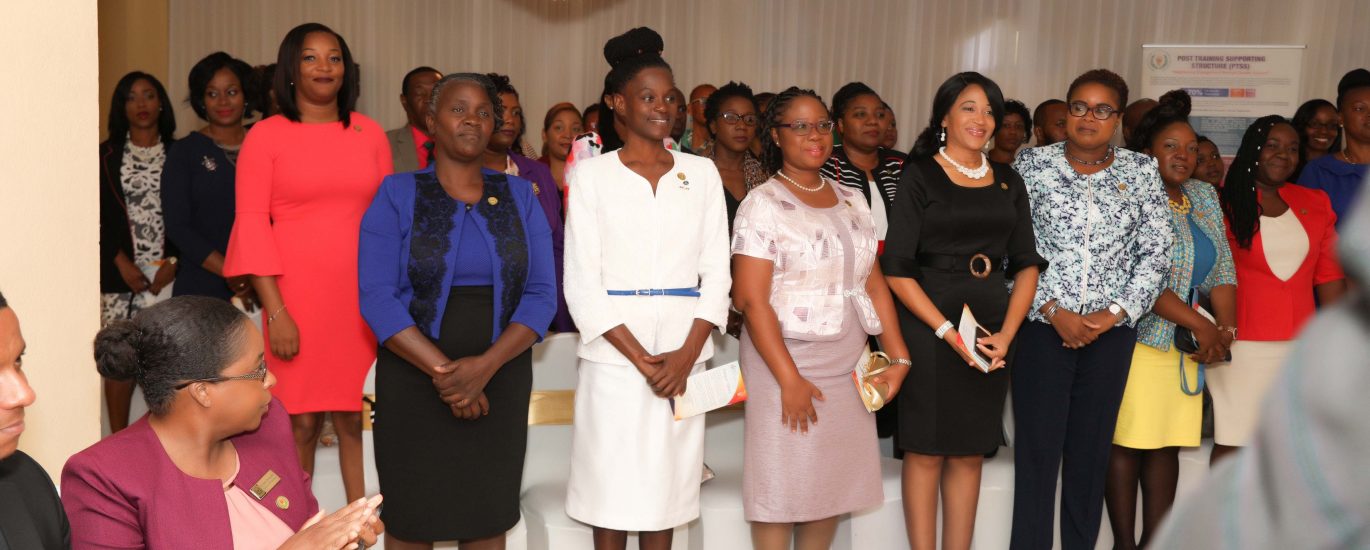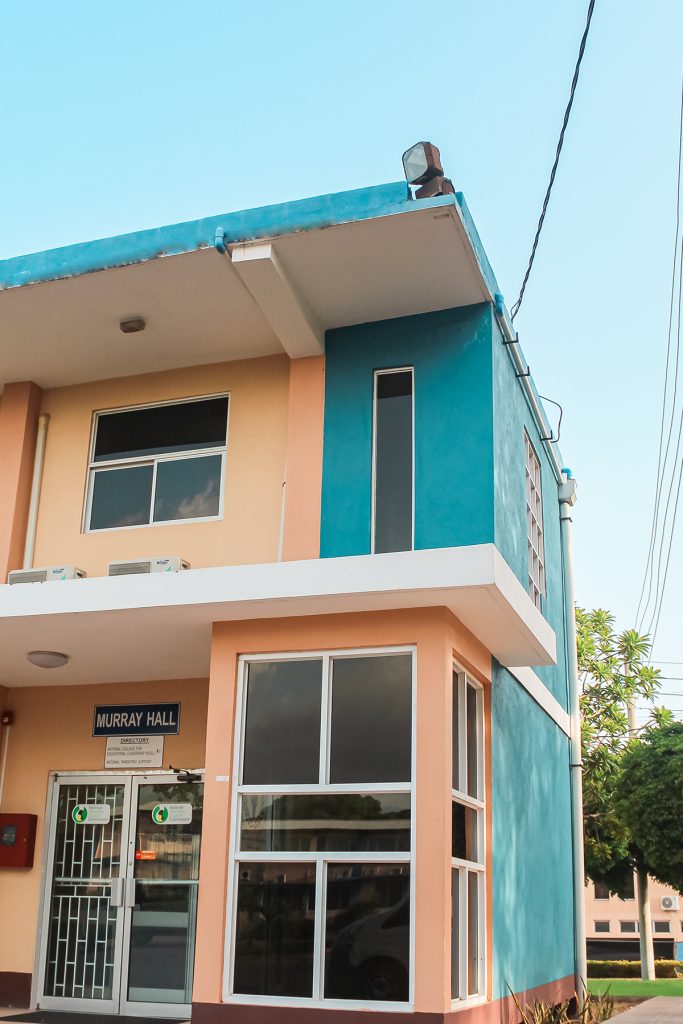Since its inception in 2013, the Aspiring Principal’s Programme (APP), offered by the National College of Educational Leadership (NCEL) in collaboration with the University of the West Indies (UWI), has attracted a steady stream of potential principals who are extremely eager to ascend to the positon of principalship. The APP has achieved tremendous success over the last five years with over 400 aspirants awarded the Professional Qualifications for Principalship (PQP). The most recent cohort was selected from a pool of 164 applicants through a rigorous shortlisting process involving panel interviews designed to determine how the applicants will react under pressure and in a professional space. Those who successfully completed this process are now part of the Cohort 6 principal aspirants who are currently attending lessons on the weekends while actively executing their duties in the current posts in the schools with which they are affiliated. A closer look at the demographics of the APP Cohort 6 applicants gives a good sense of the future direction of principalship in Jamaican schools. The findings are as follows:
- The percentage of female applicants was significantly greater than that of males with 114 or 70% females compared to 30% or 50 males. At the end of the selection period, there was little change in the composition by gender with 68 % females and 32% males accepted to the Cohort. Both males and females performed well during the interview process with 80% of the males shortlisted being successful and a 77% success rate for females.
- Collectively, the age of the applicants ranged from 25 to 57 with more male applicants in the range of 25-30. Data reveal that the average age of male applicants is 38 compared to 43 for the females.
- The data on the highest level of education was disaggregated by gender to reflect key differences in the highest level of education attained by both groups. Fifty-one percent of the female applicants had attained a master’s degree compared to 38% males. Approximately 96% of all applicants had completed a bachelor’s degree in Education or a related discipline.
- Region 1 recorded the highest number of applicants with 32% of the total number of applicants. Regions 6 and 5 followed with 22% and 20% respectively. The lowest number of applicants were from Regions 2 and 3 each with 6% of the applicant pool.
- Most of the applicants are senior or middle leaders in their schools and this represents approximately 54% of the total number of applicants. Their posts include Vice-Principals, Heads of Department (HoDs), Senior teachers, Grade coordinators, Guidance Counsellors, and Deans of Discipline. Approximately 30% of the applicants are classroom teachers.
- Professionals in the secondary school system formed the bulk of the pool of applicants with a total of 73 applicants representing 45% of the pool of applicants. There were 69 applicants from the primary school system representing 42%. Interestingly, a few of the applicants were from the early childhood and tertiary education systems as well as the public sector.
The findings above are not without implications and have prompted a trend study which is currently being undertaken by the National College to determine demographic information, affiliation, and professional qualifications of principal aspirants over the past five years. This profile of future principals reflects the current trend of a female-dominated workforce in education. Prevailing narratives suggest that the unequal gender distribution imposes norms of learning and behaviours that are distinctly advantageous to girls and developmentally inappropriate for boys. This has contributed to underachievement in boys, particularly in disadvantaged schools. In confronting this reality, the National College is committed to customizing professional training programmes aimed at addressing gender imbalance in the classroom. The aim is not to bemoan the proliferation in the number of female principals but to support their efforts in bridging gaps in student achievement in Jamaica.



